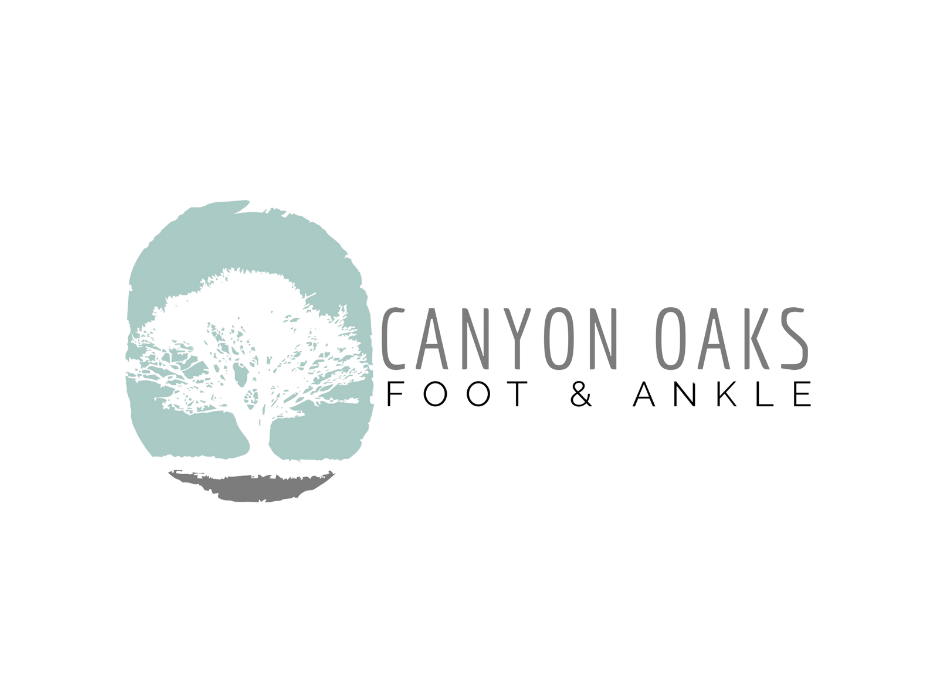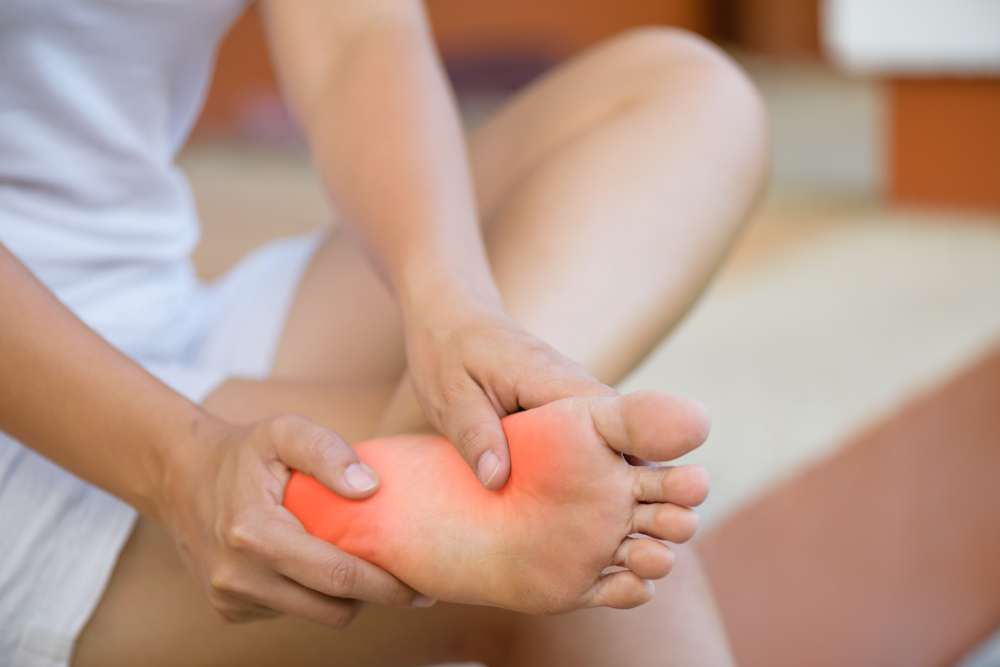For many Central Valley residents, the majority of the day is spent on their feet. Long hours of running, standing, or lifting heavy objects can leave feet aching and sore. However, what is often excused as general foot fatigue may actually be a more severe issue, a pinched nerve.
Understanding Pinched Nerves
What are pinched nerves?
According to the Mayo Clinic, pinched (or compressed) nerves occur when a nerve is put under excessive pressure by the surrounding tissues such as bones, muscles, or tendons. Since the feet bare the responsibility of supporting the weight of the entire body, pinched nerves are quite common in specific areas of the foot.
Symptoms
There is a wide range of symptoms that accompany a pinched nerve. Depending on the location and the severity of the pressure on a nerve root, you may experience a combination of the following symptoms.
- Numbness or loss of feeling in the toes
- A “pins and needles” tingling sensation
- Pain in the form of a burning or stabbing sensation
What Causes Pinched Nerves in the Feet?
Repetitive motion: For many, repetitive motions are often to blame for pinched nerves. Movements that occur during sports, physical labor, and various other activities can put undue pressure on a nerve. For example, runners and athletes often suffer from a condition known as Tarsal Tunnel Syndrome.
Tarsal Tunnel Syndrome is to the ankle what Carpal Tunnel Syndrome is to the wrist. This condition is a result of compression on the posterior tibial nerve, which can cause the aforementioned symptoms in the inner ankle area.
Holding the same position: If you have a job that requires you to stand for extended periods of time without movement, this can easily squeeze the nerves in your heels, leading to pain and uncomfortable sensations.
Existing conditions: Existing medical conditions such as arthritis, diabetes, and obesity don’t cause pinched nerves themselves. However, if you have been diagnosed with one of these conditions, you are far more likely to develop a pinched nerve in your foot.
Treating a Pinched Nerve in Your Foot
Fortunately, with a few days of rest, icing, and over the counter pain relievers, a pinched nerve will usually heal itself. However, if you are still experiencing symptoms after 3-4 days of self-care, it is best to seek professional medical attention.
There are various tests that your doctor may recommend to precisely what is preventing a pinched nerve from decompressing. After the issue has been identified, he or she may prescribe an anti-inflammatory medication along with an ankle splint to prevent unnecessary movement.
If these treatment methods prove to be unsuccessful, steroid injections or even surgery may be required to resolve the problem.
Canyon Oaks Podiatry Can Help You
If your efforts to alleviate the symptoms associated with a pinched nerve have failed to bring you relief, don’t wait to seek professional treatment. At Canyon Oaks Foot and Ankle, we specialize in the treatment of nerve issues. Our team of podiatric specialists has proudly been providing the very best foot and ankle care to the Central Valley Area since 1997. Click here to schedule an appointment today!

